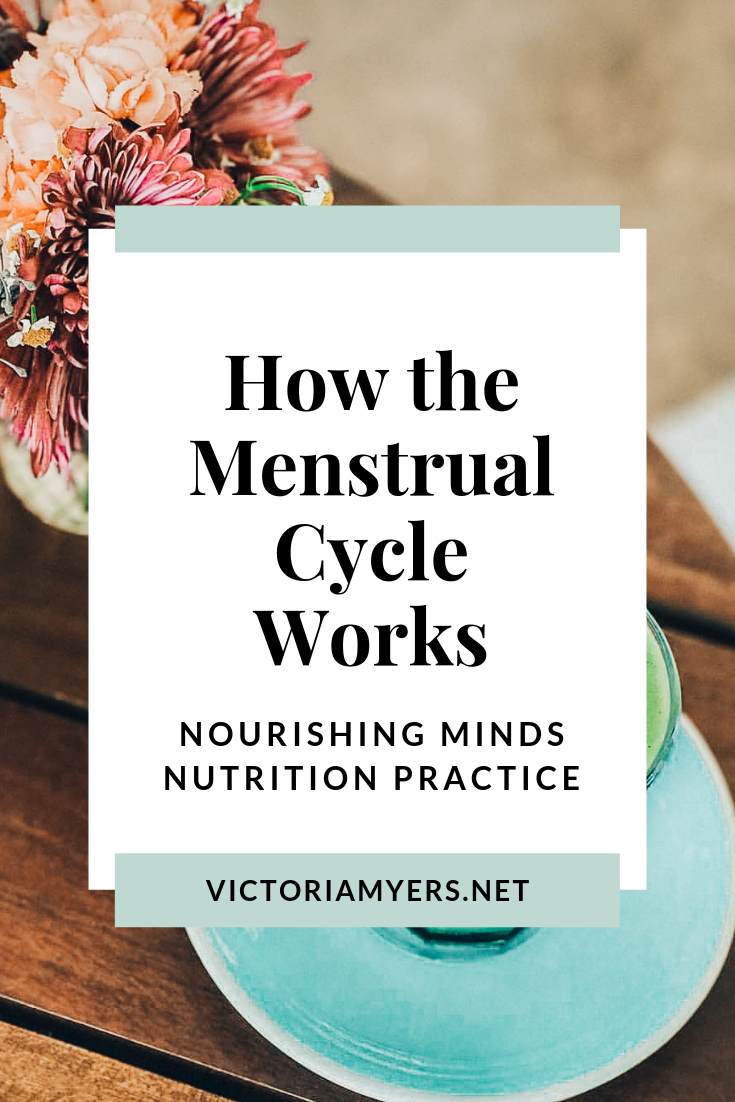How The Ovulation Cycle Works
The luteal phase will last from ovulation until the day before your next period starts so from day 14 28 in a 28 day cycle.
How the ovulation cycle works. It plays a very important part in your reproductive cycle. Without the egg release on ovulation day natural conception could never take place. And learn more about your body on clue s website with articles about period tracking fertility birth control hormones and sex. Many women think that they ovulate on day 14 but this is just an average.
Normally numerous eggs are maturing in both ovaries but only one is released per ovulation cycle if two or more are released and fertilized pregnancy with twins or triplets can ensue. Menstrual periods are different from woman to woman and month to month. Track your cycle with the clue app a free period tracker for iphone and android. Most women will actually ovulate on a different day of the menstrual cycle and this will also vary from cycle to cycle.
Knudtson and mclaughlin 2016 the whole process of the menstrual cycle is started in the brain when the hypothalamus produces gnrh. After the follicle released the egg during ovulation it then collapses. During it levels of fsh and lh drop again. It occurs when an egg is released from your ovary.
Progesterone is also produced in your ovaries. The time from the beginning of the last menstrual period lmp until ovulation is on average 14 6 days but with substantial variation among females and between cycles in. This first half of the cycle can differ greatly for each woman lasting anywhere from 7 days to 40 days. It works with oestrogen to keep your reproductive cycle regular and to maintain pregnancy.
Ovulation usually happens 12 16 days before the next period. Understanding how ovulation happens and when it takes place can help you achieve or prevent pregnancy. Use this calculator to see when you may be ovulating to help find your most fertile days. The menstrual cycle is the time from the first day of a woman s period to the day before her next period says toni belfield a specialist in sexual health information and a trained fertility.
In humans ovulation occurs about midway through the menstrual cycle after the follicular phase the few days surrounding ovulation from approximately days 10 to 18 of a 28 day cycle constitute the most fertile phase. Ovulation is the release of a mature egg from the ovary for potential fertilization. The first part of the cycle is called the follicular phase. Regular cycles that are longer or shorter than this from 21 to 40 days are normal.
In fact 46 of menstrual cycles vary by seven or more days 1. The length of the menstrual cycle varies from woman to woman but the average is to have periods every 28 days. The ovulation cycle divided into two parts.
